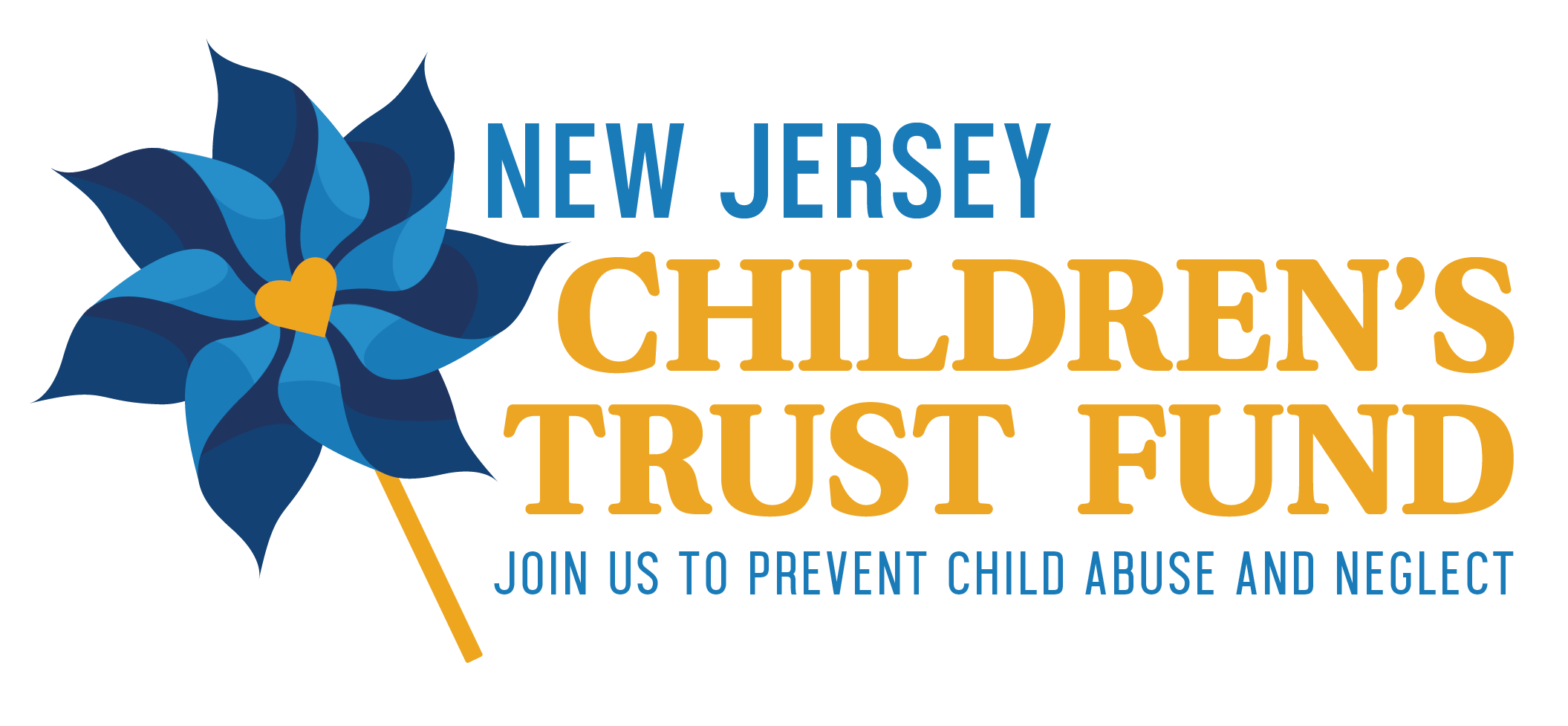Through our work in the Department of Children and Families, we are all too familiar with the impact that substance use has on struggling families.
Every day, our staff work with families in which addiction is responsible for robbing children of a meaningful relationship with their parents, families struggling to raise a teen with an addiction, and families in which a parent’s addiction is placing their child in harm’s way.
In fact, just recently, we read the latest newspaper account of a mother whose drug addiction led to the death of her 13-month-old son. This kind of tragedy is heart-breaking in particular because, with the right services and supports, it didn’t have to end this way, for both mom and baby.
While each person’s pathway to substance use is different, we know that adversity in childhood increases the likelihood for substance use in adulthood – essentially creating a generational cycle of addiction, maltreatment, and adversity.
We can, and we must, continue to strengthen our approaches to supporting families that are struggling with issues of drug dependency and substance use.
I’m encouraged by Governor Murphy’s commitment to an ‘all-of-State-government’ solution, which leverages each department’s strengths and subject matter expertise to address the many factors which contribute to New Jersey’s opioid and substance use epidemic.
At DCF, we’re particularly interested in programs which help our State’s residents recover from drug dependency while ensuring that they remain connected to the family supports which will help them remain drug-free after they’ve completed their initial treatment.
As part of the Governor’s opioid initiative last year, we were able to expand our successful Keeping Families Together program, a model of evidence-based supportive housing for families dealing with addiction, who – without the intervention of the KFT program – would likely face not only homelessness, but deeper involvement in New Jersey’s child welfare system, including the separation of the family as a child protection intervention.
KFT provides housing and support services to help families stay safely together while parents navigate through co-occurring challenges including substance abuse, mental illness, domestic violence, and homelessness.
DCF launched New Jersey’s KFT pilot in 2014 with the ability to serve 150 families. As a result of last year’s expansion of the program – as of January 18 of this year, 447 New Jersey families are together and housed with the support of Keeping Families Together.
When I have met parents involved with KFT, they have shared how much this program means to their family. For some, this is the most stable their recovery has ever been. For others, this is the first time they have been able to secure and maintain a job. For others still, this is the first time they have maintained stable housing, ever.
By treating substance use and its co-occurring factors as a family issue, rather than simply an individual challenge, New Jersey is able to preserve the family unit through the difficult work of recovery, and provide caregivers with the single best motivation they may need to overcome their addiction – their children.
Governor Murphy’s Opioid Initiative also provided the funds needed to manage a Peer Recovery Support Specialist program in the counties with the highest rates of opioid use in the state.
Peer recovery specialists work alongside DCF staff to engage and support parents who have an open child protection case and are struggling with addiction. These specialists are themselves in recovery and because of that, can often successfully reach and support parents who are otherwise reluctant to engage with the Department.
KFT and the Peer Recovery Support Specialist programs augment many other supports that DCF makes available throughout the state, including services for adolescents managed through DCF’s Children’s System of Care, the development of Plans of Safe Care for infants born with substance exposure, the co-location of Certified Drug and Alcohol Counselors at all of DCF’s child protection offices, and additional services for parents with child protection involvement.
KFT, by all measures, is one of our great success stories in the fight against New Jersey’s opioid epidemic, and I’d like to publicly thank Governor Murphy and his administration for their continued support of this valuable program.






